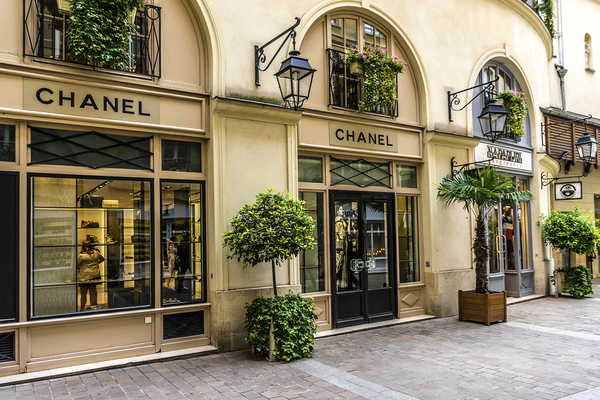The legendary Chanel fashion house claimed victory in a multi-pronged lawsuit against luxury “iconic vintage” boutique What Goes Around Comes Around, rounding out a six-year-long legal saga.
A Fashionista reports, a New York jury unanimously voted in favor of the French fashion house on all four courses of action of its trademark infringement case, which was first filed in 2018: trademark infringement and unfair competition based on a false association; trademark infringement based on the sale of infringing Chanel branded products and use of various hashtags; sale of counterfeit Chanel branded products; and false advertising. It concluded that What Goes Around Comes Around owes $4 million in statutory damages, per the Lanham Act.
A spokesperson for Chanel said: “Chanel welcomes the ruling, which demonstrates Chanel’s unwavering commitment to protecting consumers and its brand against all false association, trademark infringement and counterfeiting, and false advertising. Such infringements hurt consumers and harm the Chanel good will and brand, because they are likely to confuse the public as to the nature of the Chanel-branded items they are purchasing.”
What Goes Around Comes Around Co-Founder Seth Weisser said, in a statement to Fashionista: “We are incredibly disappointed with today’s verdict. However, the case is not over. The court has yet to hear post-verdict motions.”
“WGACA has always had a rigorous authentication process and has never in the history of the company sold a non-genuine or counterfeit product,” he added. “Yesterday’s verdict was not about not selling a counterfeit, it was about WGACA selling items which were voided in Chanel’s database. Without any access to this database the resale industry would not know the status of these serial numbers. We continue to stand by our 100% authenticity guarantee.”
This phase of the trial lasted nearly a month. Justice Louis Stanto will now decide on any further damages, after both parties submit respective briefs. Chanel’s is due in 30 days, per WWD.
In its suit against What Goes Around Comes Around, Chanel alleged that the reseller used brand marketing materials, images of its products and trademarks on social media, guaranteeing authenticity on items that aren’t guaranteed by Chanel and implying to customers that the companies had a formal business agreement. This case highlights two important factors amid a rapidly growing resale market: the rocky relationships between ultra-luxury fashion houses and resellers, and the growing consumer concerns around counterfeits (like “super-fakes”) entering the market.
What precedent does this legal battle between Chanel and What Goes Around Comes Around set? It might make resale companies tread with increased caution, as they could come under (successful) fire from brands.
“Other resellers from now on must be careful and disclose their process of authentication without claiming something is unambiguously authentic,” Susan Scafidi, founder of the Fashion Law Institute, told Business of Fashion. “The biggest implication of the verdict is that resale has suddenly become a more dangerous business, because even the best-intentioned resellers and authenticators can make a mistake from time to time.”
—
Photo Credit: Kiev.Victor / Shutterstock.com
